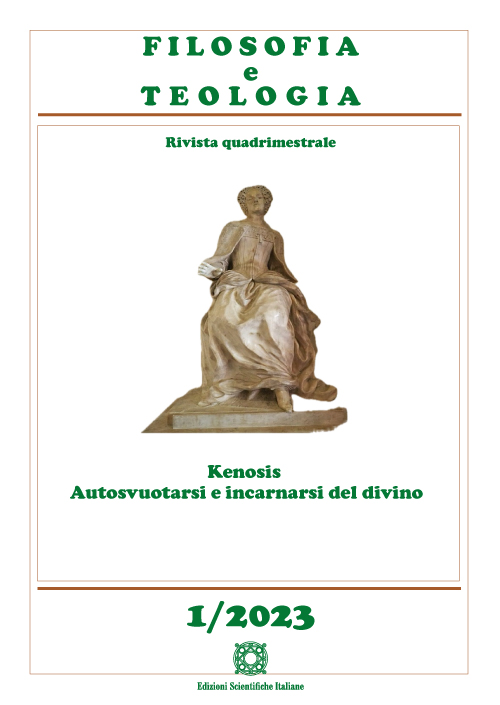Filosofia e Teologia XXXVII, 1 (2023), Kenosis. Autosvuotarsi e incarnarsi del divino, pp. 157-170
Il presente saggio si pone l’obiettivo di approfondire il senso della fede nel pensiero dello storico tunisino Mohamed Talbi, eminente esponente del modernismo islamico. Inizieremo mostrando come, per l’autore, la scelta di fede, sia che la si rifiuti che no, è un dato fondamentale che non può essere trasceso; l’uomo, per sua stessa natura, è infatti destinato a ricevere, accogliere e trasmettere la fede nel divino. In un secondo momento approfondiremo l’approccio ermeneutico dell’autore al Corano mostrando come, ascoltando a dovere il Testo tramite una “lettura intenzionale”, Dio continui a rivelarsi anche nel presente secondo una rivelazione continua e ininterrotta. Analizzeremo poi il peculiare approccio di Talbi alla preghiera islamica tramite cui il fedele può aprirsi alla comunicazione con Dio secondo un rapporto di dipendenza e prossimità. Infine, tenendo conto di tutto il percorso svolto, mostreremo come per l’autore la fede debba essere intesa come un’adesione, su di un piano ontologico, capace di legare l’uomo al suo Creatore e che, tramite quel “soffio” divino che Lui gli ha donato, lo rende atto a cogliere e ricevere l’Assoluto di Dio.
This essay aims to deepen the sense of faith in the thought of the Tunisian historian Mohamed Talbi, eminent exponent of islamic modernism. We will begin by showing how, for the author, the choice of faith, whether it is rejected or not, is a fundamental fact that cannot be transcended; man, by his very nature, is in fact destined to receive, welcome and transmit faith in the divine. In a second moment we will deepen the author's hermeneutical approach to the Qur’an showing how, by listening properly to the Text through an "intentional reading", God continues to reveal himself even in the present according to a continuous and uninterrupted revelation. We will then analyze Talbi's particular approach to Islamic prayer through which the faithful can open up to communication with God according to a relationship of dependence and proximity. Finally, taking into account the entire path carried out, we will show how for the author faith must be understood as an adhesion, on an ontological level, capable of binding man to his Creator and that, through that divine "breath" that He has given him, makes him capable of grasping and receiving the Absolute of God.

